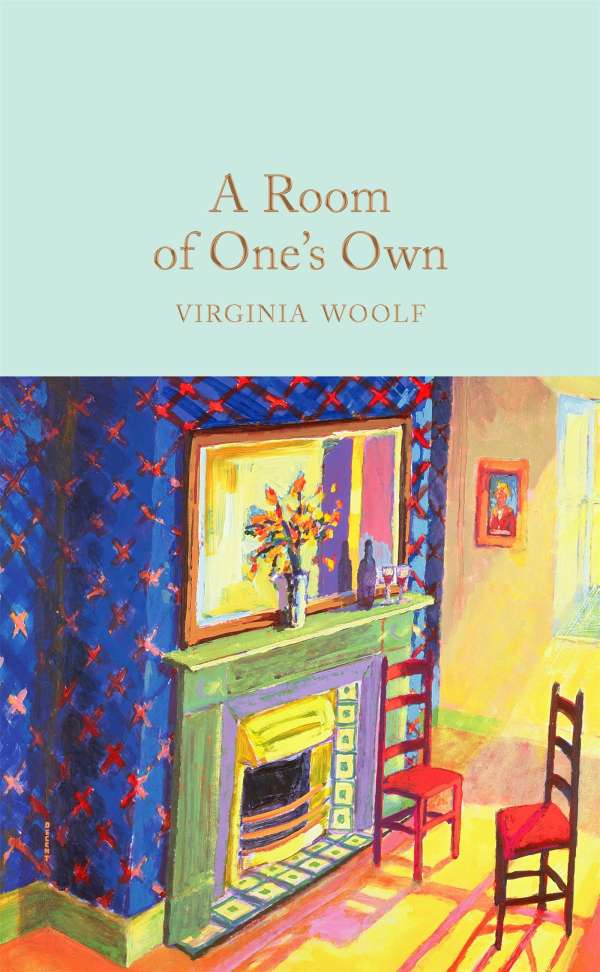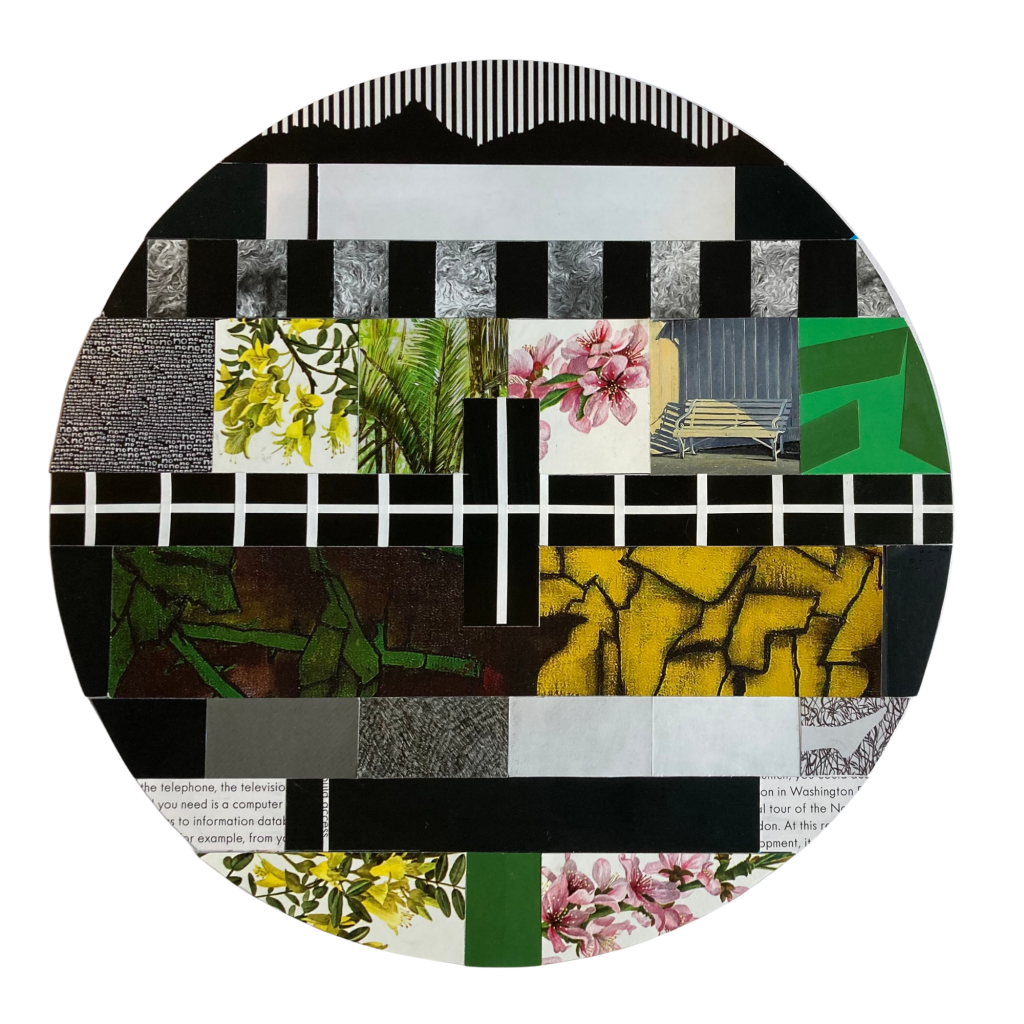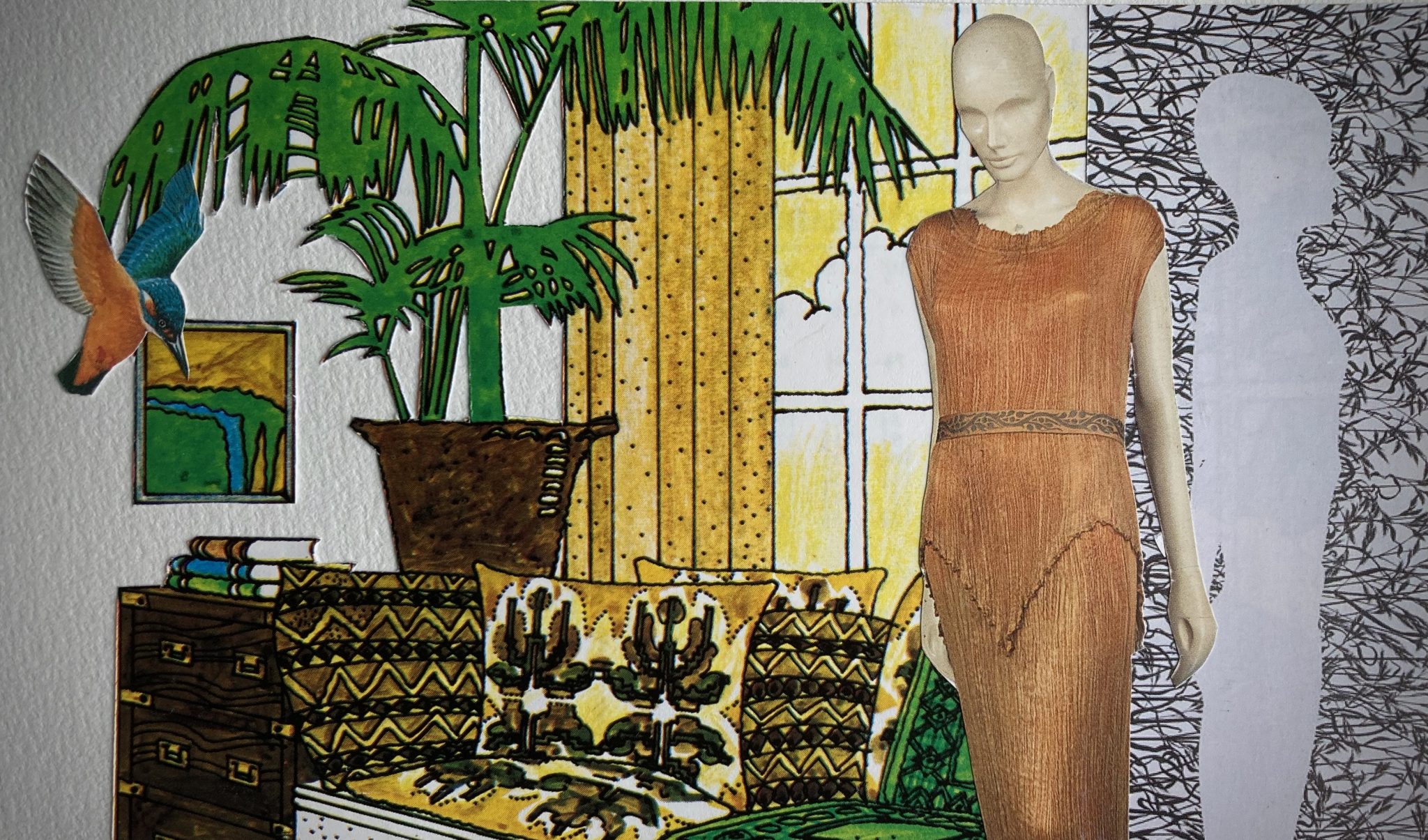I recently finished reading Virginia Woolf’s extended essay, A Room of One’s Own.

It neatly closed a chapter in my life that has been trying, mournful and also life altering.
Since my last lengthy blog post, we’ve left the yurt in Papatowai. I all-too-briefly supported my mum as she withered away with cancer. Her estate was wound up, possessions divided up, the family home reconfigured. Things bought and sold. Plans hatched and rehashed. Lives and landscapes let go of.
Most recently, we waved goodbye to my mother-in-law in the reception area of her new care home facility, all of 85 years but small and vulnerable like a girl on her first day at boarding school. Her face turned down. Her eyes wide and afraid.
All of it—the stark reality of it—flowing along the timeline of my life on a river of tears and optimism.
Breathe in. Breathe out. Sometimes, it’s all we can do.
And just like that, life is settling down. We’ve shifted out of the choking cityscape to a rural township in South Otago, population approx. 500, and for the first time in years, I have a physical room of my own. Since setting it up, I’ve completed more collages and am writing more words than I’ve done in ages, hooray!


What does it mean to have a room of one’s own?
On the surface, it feels tangible. Until now, I imagined it as a studio bedroom with a small side door that remained shut to the external world, unless I said so. A place to think and dream and create, away from distraction and disruption; a chance to be in a way that I struggle to be under any other circumstance. But that was a past understanding, so literal and restricted, it’s funny.
My mother passed away in the bedroom of her home, not the garden—the only true room of her own. My mother-in-law now lives in a room of her own in a care facility with wheelchair users on every side of her, not independently in Wanaka or in the fields farming or tramping in the mountains—the environments she most thrived in.
A room of one’s own means so much more than the mere physical. I don’t think I can and nor should I reduce it to a place… a room. It’s a proclamation: “This is how I live!” or I AM, as Colin McCahon painted, or a space of belonging as described by Toko-pa Turner in her fascinating book, Belonging: Remembering Ourselves Home.
While Virginia Woolf’s essay is a rallying cry for acknowledgement of women’s attempts and successes in writing, be it fiction or nonfiction …
“A woman must have money and a room of her own if she is to write fiction.”
… reading deeply into Virginia’s words and accounts, her underlying point is simple.
Not only is a room of one’s own physical, it’s phenomenological. It’s about being in the world. And for that being to be recognised; legitimised. For Woolf and countless female creatives of her time, it was an extremely brave and isolating way to live.
I mean, how dare they?! Women, gaining the right to be?!
Those who survived the trials of the period had moxie.
Despite all the advances and equality gained to date, some days I feel trapped in the ontology of another woman’s reality. This woman is from a time I didn’t experience firsthand but understand well. In this reality, it is still selfish to enter a room of my own to think and dream and create, the door closed until I say so, despite having money. In this reality, no matter how practised and competent I am, I’ll never be acknowledged appropriately. In this reality, nothing has changed: men still rule the world and women still haven’t achieved true equity. When I’m in this reality, I shut the door to my room and do my job, because, well, as Virginia Woolf states, a woman must have money and … Oh, don’t worry. I’m often angry. Especially whenever contributions made are ignored or overlooked by people I work with in the video games industry. Yes, reader, misogyny is rife in this modern life and there are industries where male energy is at an all-time high.
But then, I look at my partner’s three daughters (aka the Swirlies) and marvel at their confidence. Theirs is a generation and culture that celebrates female moxie. Theirs is an ontology of achievement, and for the most part I thank the universe for it!
Virginia Woolf is still right, though. A woman must have money and a room of her own if she is to own her place in the world. Money above all, especially in the neo-liberal capitalist society we’re part of. But before she has that room, I can’t stress enough how much she must first believe in herself.
Her room must begin in her – body, mind and spirit.
My room must begin in me – body, mind and spirit.
At a time when women are the freest we’ve ever been, we must remain vigilant and brave. We must not only enter our own room, but close the door to delusional rooms, spaces, and realities, corporeal and digital. There’s a new social system being forged. It carries male energy, but isn’t strictly male. It rides on the coattails of capitalism, is powerful, but not strictly possessive. To what end? We cannot yet say.
All I know is I have a room of my own now, both physical and phenomenological, and I’m never going to close the door to it again.




